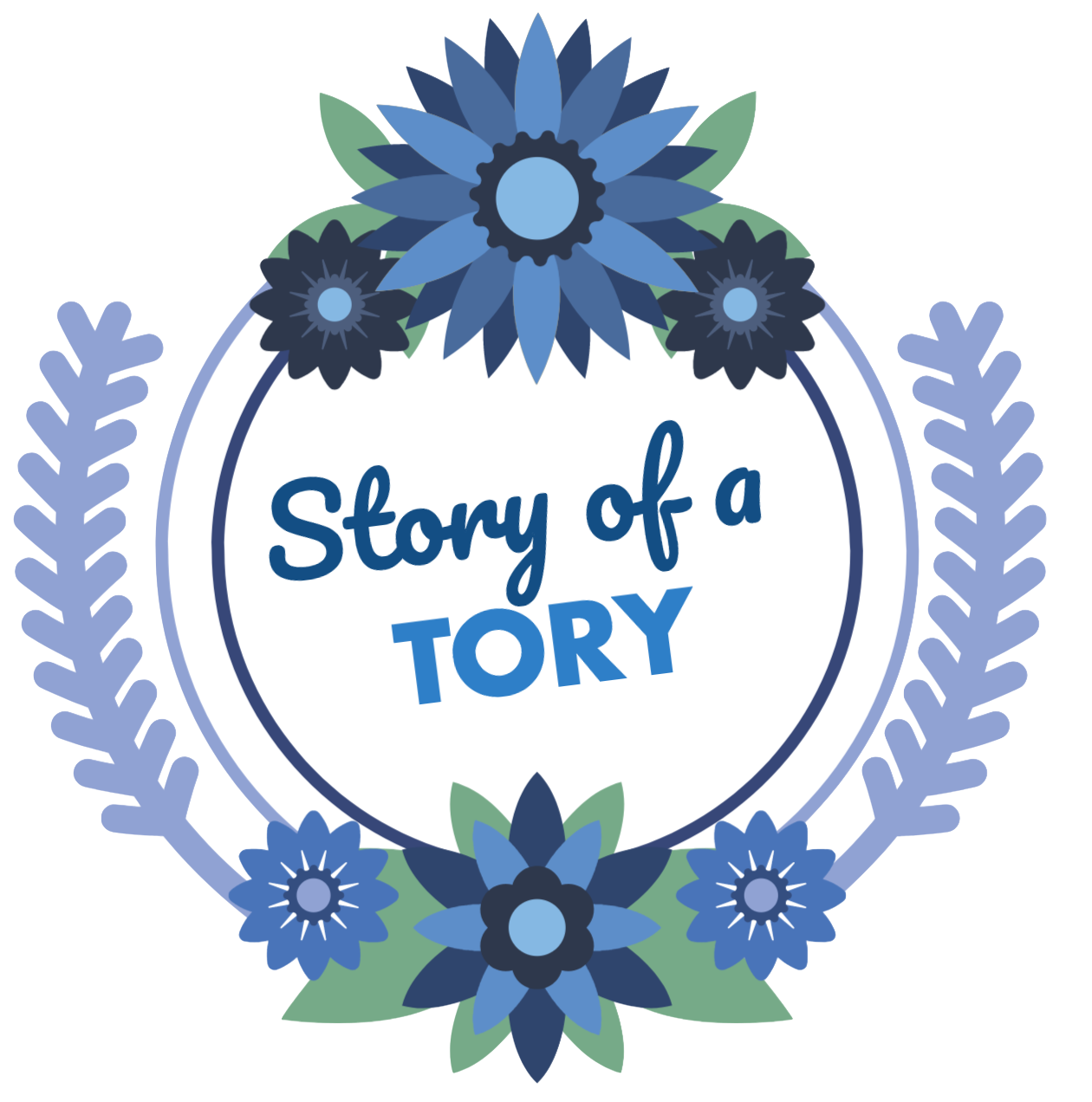
Calgary Stampede Midway, where much of the food is wasted.
Living close to Calgary, I spent this past Saturday doing what many others were also doing: attending the Calgary Stampede. Early afternoon came along and I got hungry, so as the seasoned Stampede-goer that I am, I decided to eat at my favourite food truck. I don’t even know what it’s called but I know exactly what the truck looks like and the perogies are probably 50% of the reason I even go to Stampede in the first place. While I was waiting for them to cook up my heavenly dish, I noticed a little red sign next to the window that read “LeftOvers Rescue Food.” Remembering this sign during my post-Stampede recovery day on Sunday, I set off to do some research. Much to my delight, I learned that a non-profit organization called LeftOvers had teamed up with the Calgary Stampede to transport leftover food from vendors, pancake breakfasts, and other events to places that need it, like homeless shelters and food banks, thus significantly reducing the food wasted on the grounds.
Food waste is something I’m passionate about. Agriculture is in my bones and I care about food security deeply. It also means I am rather opinionated on the matter, and it bothers me how little attention is paid to such a large, systemic issue.
As of now, the issue of food waste costs Canada roughly $31 billion every year, according to a report by Value Chain Management International. Now I’m not a professional economist by any stretch, but I think a $31 billion problem is probably something to pay attention to. Yet, in reality, food waste is incredibly overlooked by citizens, producers, businesses, and government policymakers alike.
One third of food is wasted worldwide. Food waste produces methane in landfills, and if food waste were a country, it would be the third largest emitter of greenhouse gases, under the United States and China. Food waste costs the average household $1456 each year. If one-quarter of the world’s food waste could be saved, it could feed around 870 million people. I could go on and on spouting out facts but I think you get the point – food waste sucks. It has major detrimental effects economically, environmentally, and socially, and still so few people seem to care.
I think one significant reason why this issue is overlooked is because of its complexity and systemic nature. There is an extremely limited number of Canadians, if any, who can honestly say they have never wasted food. Turning a blind eye is much easier when everyone around you does it too.
However, I don’t think the complexity should take away from the importance of finding solutions. When Canada is literally throwing away 2% of its GDP every year, there needs to be some pressure put on through dialogue and awareness to bring about change from people, businesses, and the government.

Created by the National Zero Waste Council
That is what I, personally, would like to see in the future. It’s time society put the heat on government to help spur some movement towards remedying this issue. There are pieces of dialogue starting, such as the National Zero Waste Council’s National Food Waste Reduction Strategy. Nonetheless, I think it’s clear that so far, no government in Canada has put in significant effort towards making something happen with regards to reducing food waste.
As a conservative, this issue is important to me not only because of the social and environmental impacts, but because of the large impacts to the Canadian and world economies as well. I believe in fiscal prosperity, and in tackling issues through economics to help bring about real, practical change. I think food waste has great potential to use economic policy, such as tax breaks for places that donate food leftovers and investments in organizations that do food rescuing, to bring about actual change that has tangible effects on our society.
Seeing that food rescue was a part of the Calgary Stampede made me overjoyed. It’s encouraging to know that reducing food waste is starting to have a louder voice. However, I believe there is lots more work to be done by society, businesses, and governments if this overlooked issue is to be challenged, and eventually, resolved.

Disclaimer: Story of a Tory is in no way affiliated with the Conservative Party of Canada or any other political party, be it federal or provincial. The views of each author are independent of all other authors.

0 Comments